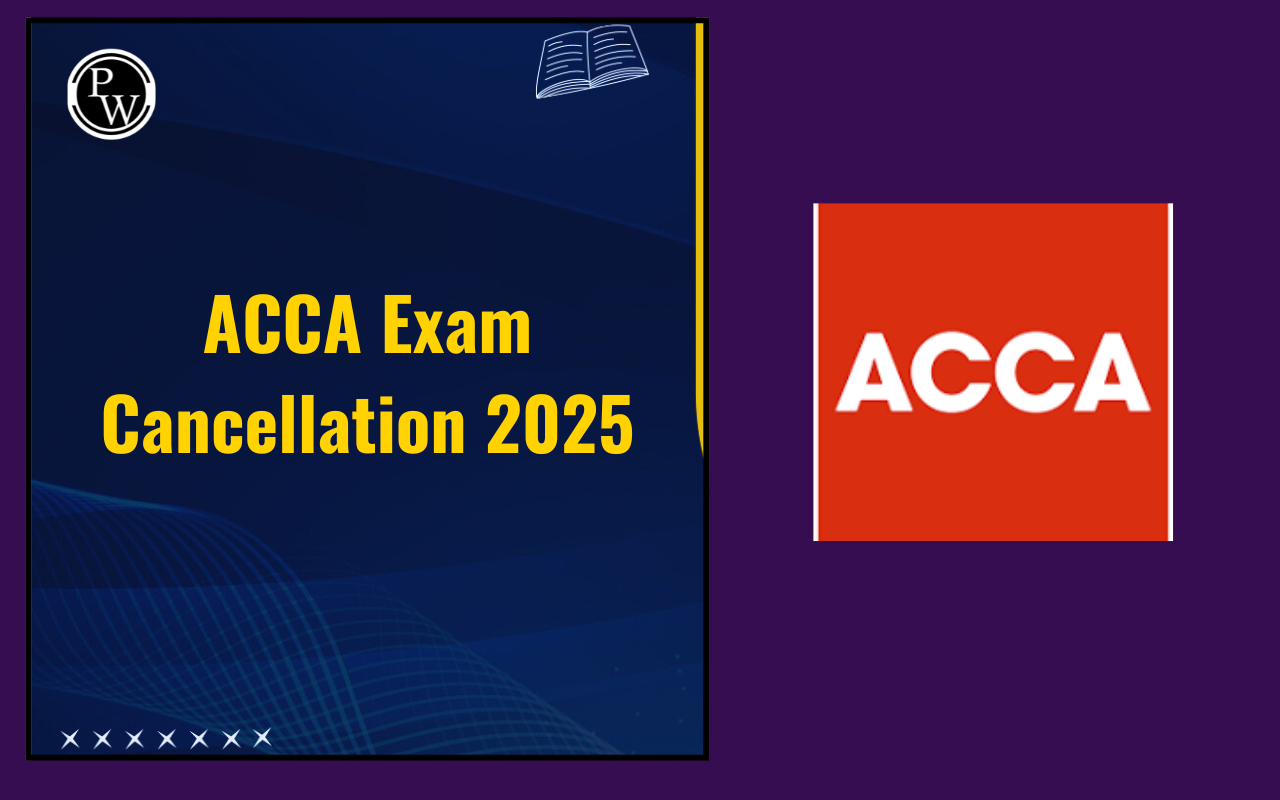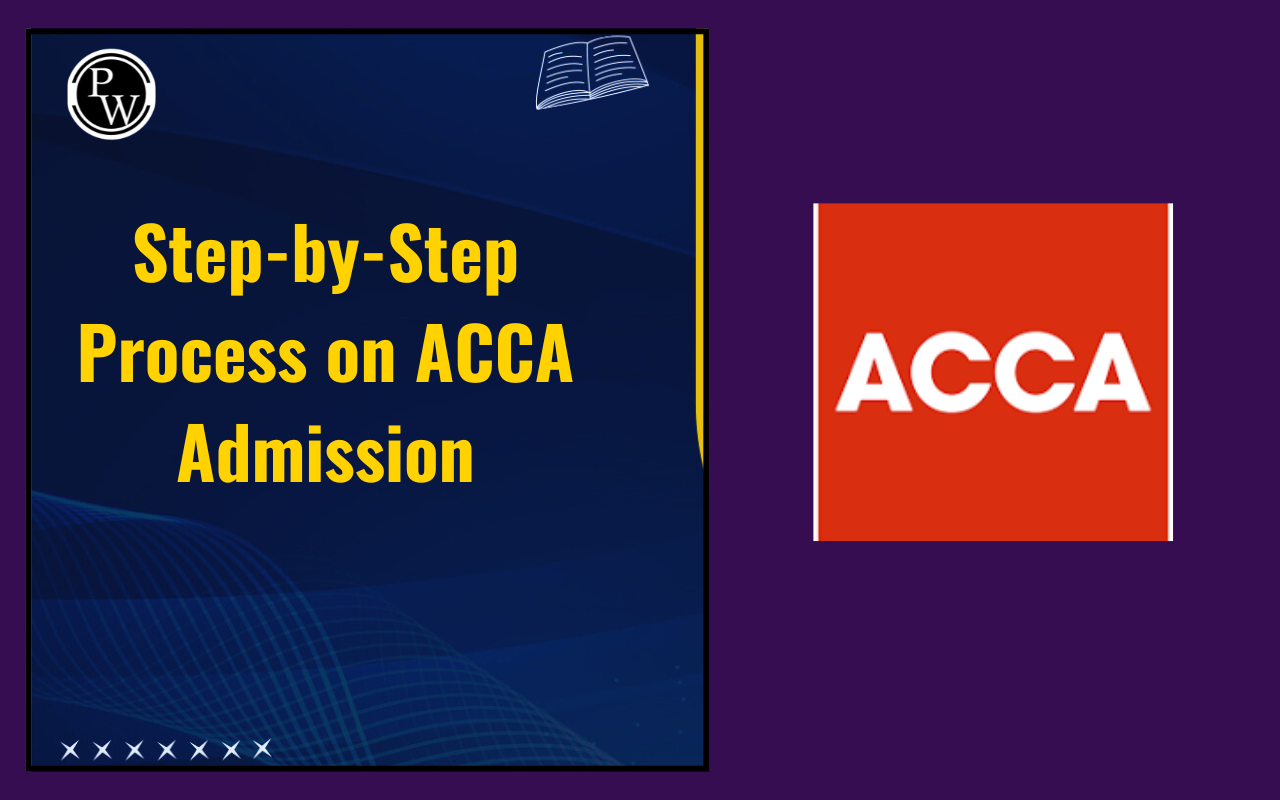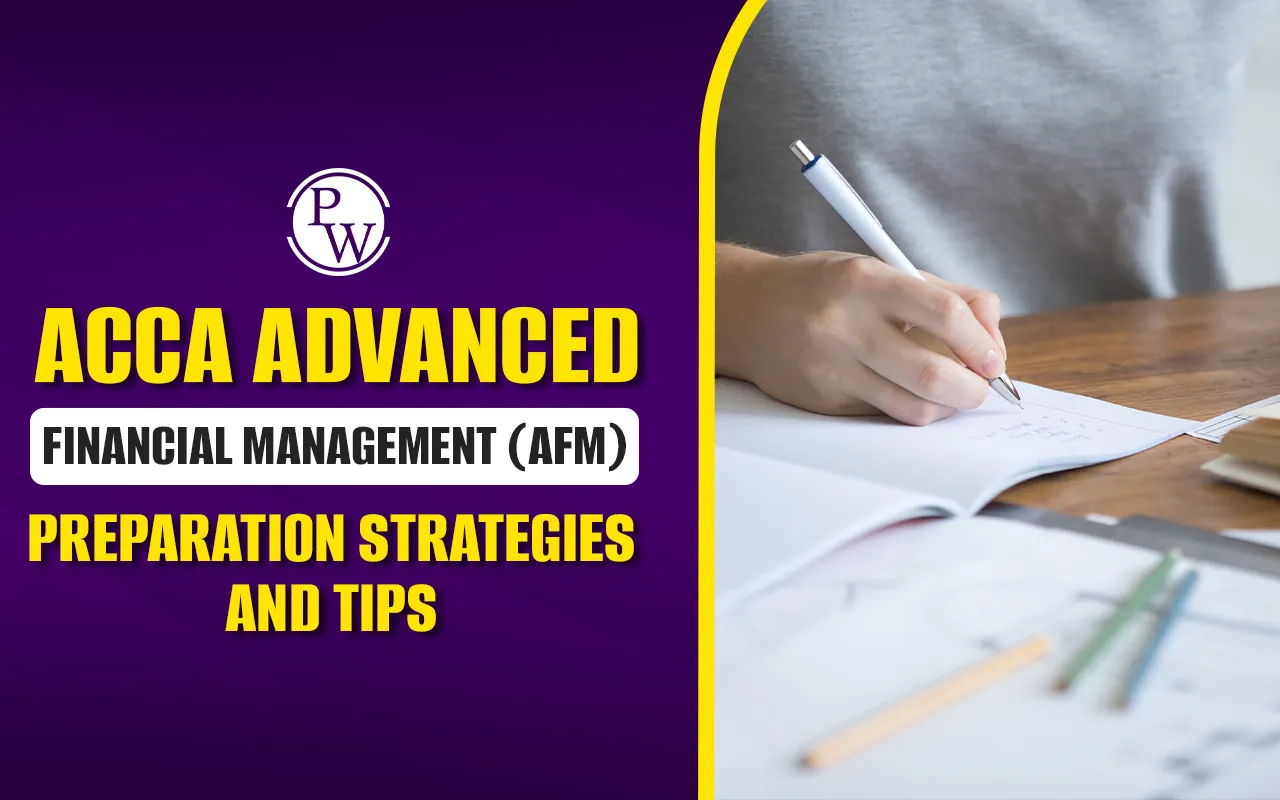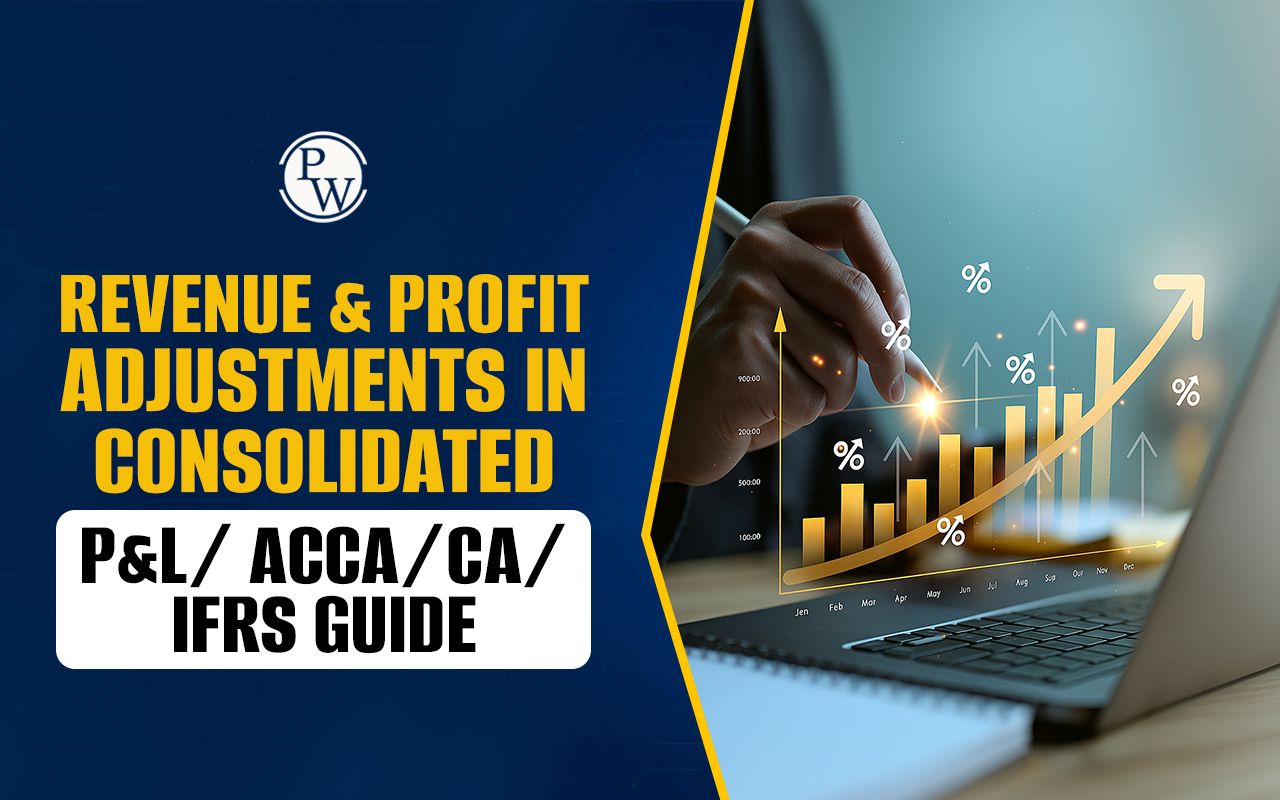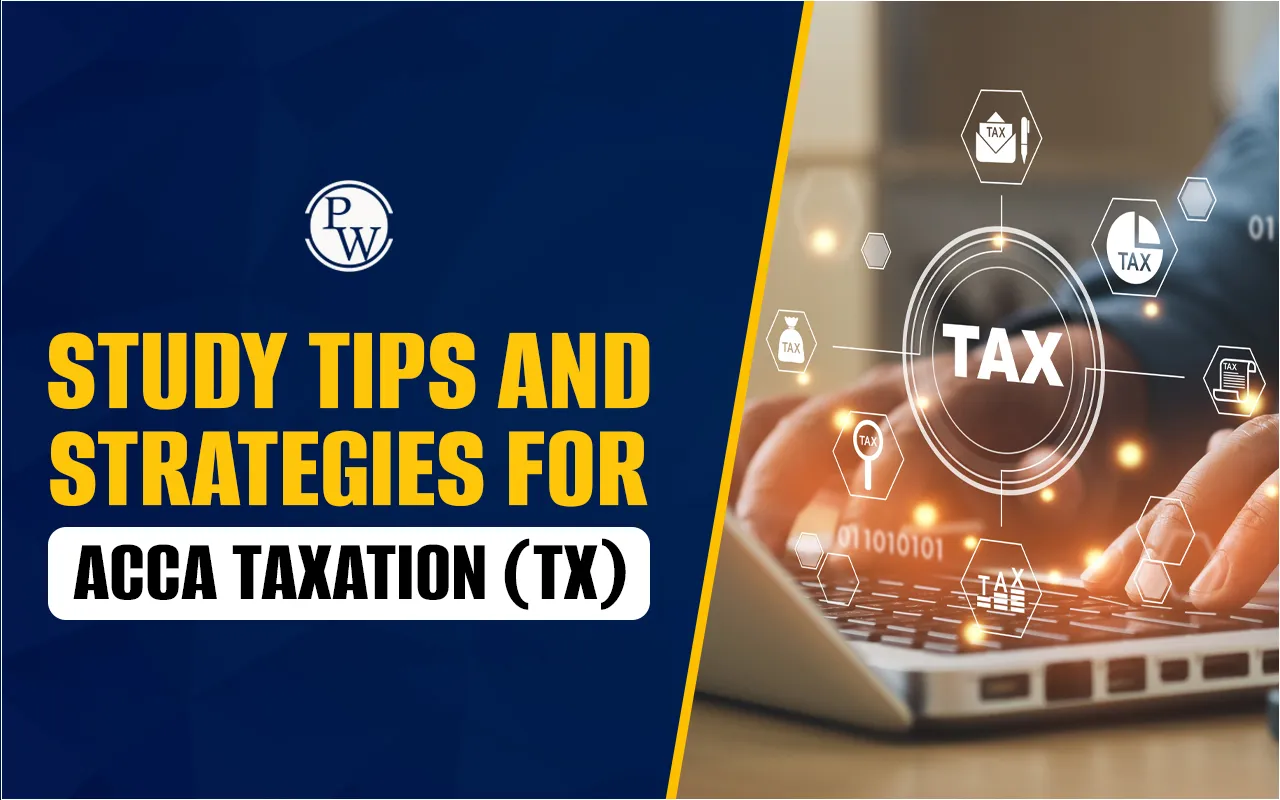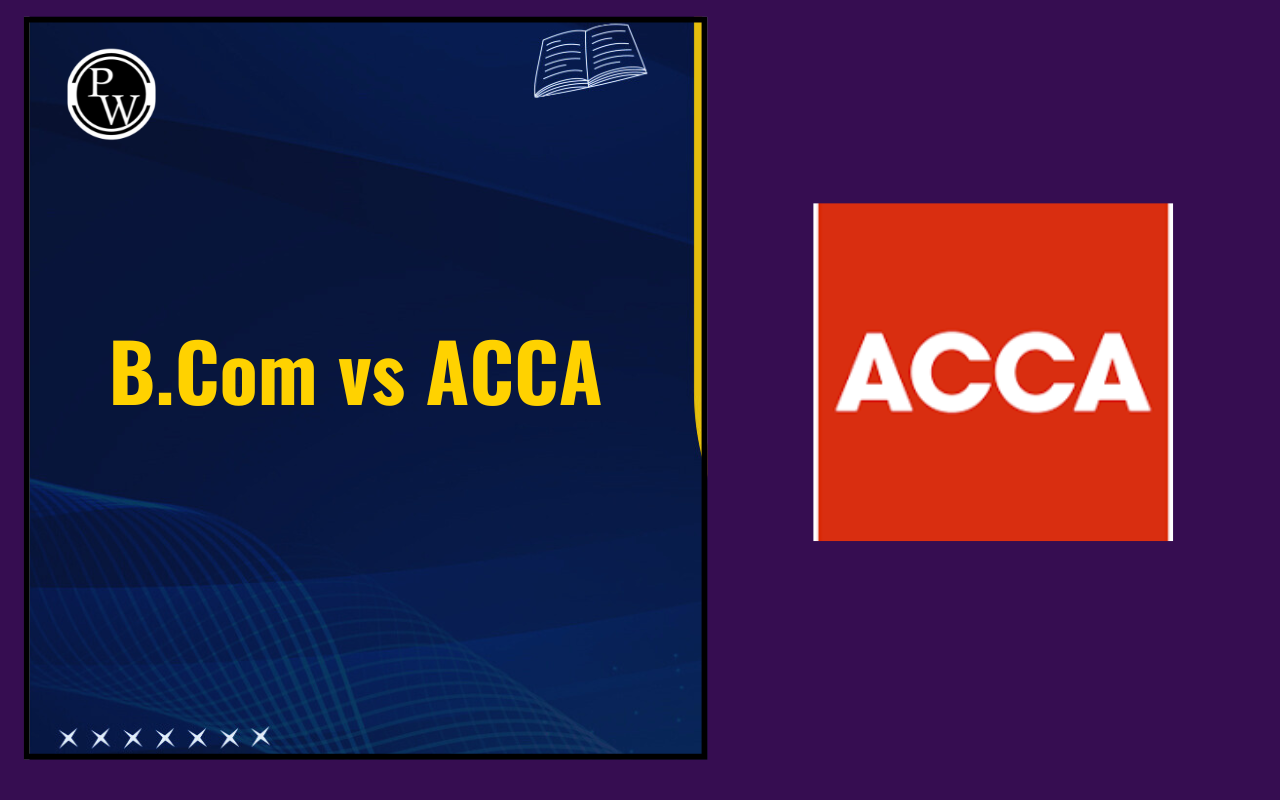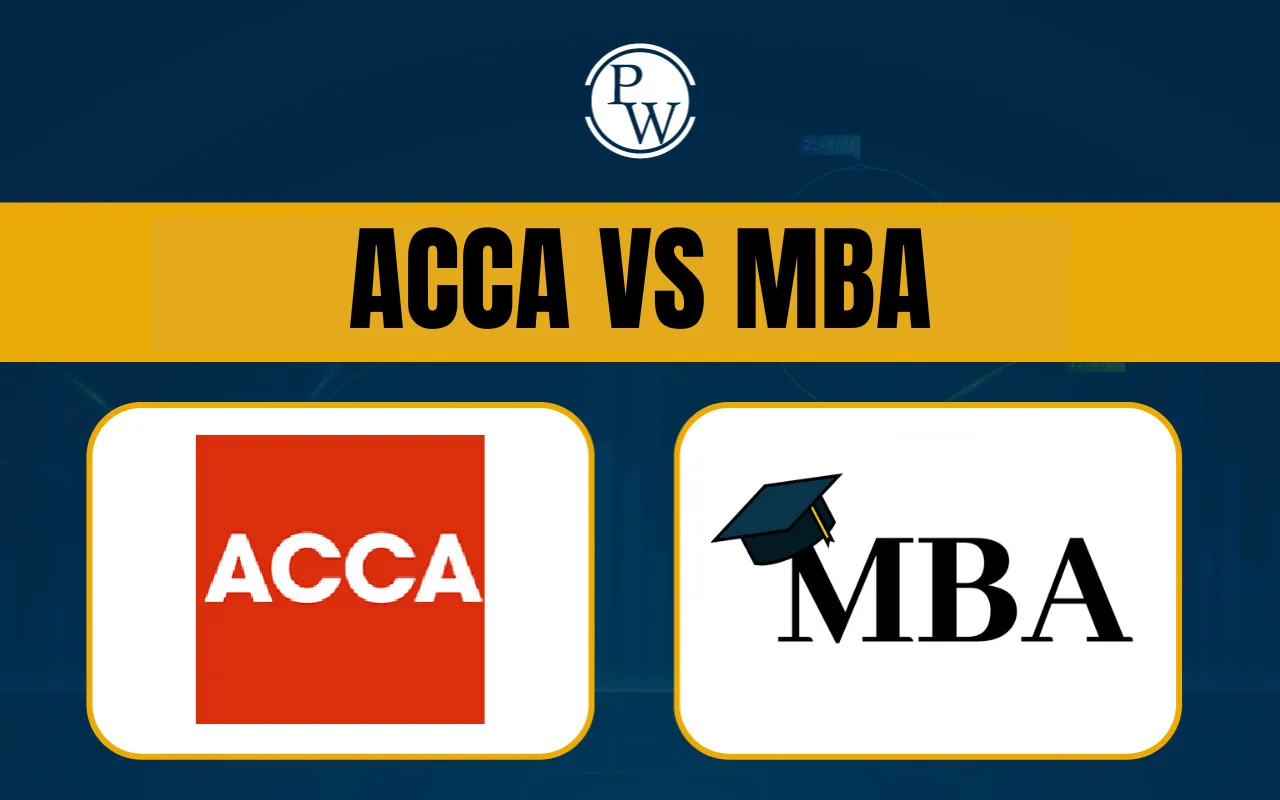
Becoming a member of the Association of Chartered Certified Accountants (ACCA) requires more than passing exams. One of the key steps in this journey is fulfilling the Practical Experience Requirement (PER), which ensures that candidates gain valuable, real-world accounting experience. Whether you’re at the beginning of your ACCA qualification or nearing the end, understanding the PER is essential to achieving full membership status.
Here, we will clearly explain the essential facts, steps, and requirements of the ACCA PER. It will also offer practical advice to help you complete the necessary work experience and move closer to becoming a fully qualified ACCA member.
What Is ACCA PER?
ACCA PER stands for the Practical Experience Requirement under the Association of Chartered Certified Accountants (ACCA) qualification. It’s a vital part of the journey to becoming an ACCA member, designed to ensure candidates don’t just have theoretical knowledge but also practical, real-world experience in the accounting and finance industry.
To meet the ACCA PER, candidates need to complete a minimum of three years of relevant professional work experience. This experience helps them build a well-rounded set of skills by working in different roles within the accounting and finance sector. The purpose of the PER is to develop a combination of technical abilities and professional qualities that are essential in today’s global financial environment.
Features of the ACCA PER
The ACCA Practical Experience Requirement (PER) is designed to be both thorough and flexible, helping candidates gain the practical skills needed to succeed as professional accountants. The following are the main features you should know about:
Time Frame for Completing ACCA PER
Typically, the ACCA PER is completed over a period of three years. During this time, you need to work in relevant accounting or finance roles and document your experience.
The three years do not have to be continuous, you can complete them part-time or full-time, and even spread out the experience to fit your schedule. This flexibility allows you to gain experience at your own pace while working towards your ACCA qualification.
Practical Experience Supervisor
To complete the PER, you must have a practical experience supervisor. This person is usually a senior staff member with suitable accounting qualifications and experience. Your supervisor will guide you through your work, make sure your tasks meet ACCA’s requirements, track your progress, and provide feedback. They also approve your logged experience when you meet the necessary standards.
MyExperience Tool
The MyExperience tool is an online platform provided by ACCA where you can record, monitor, and manage your practical experience. It allows you to log your skills, achievements, and work activities, as well as upload supporting evidence. Your supervisor reviews and approves your entries through this tool, making it easier to keep track of your progress towards completing the PER.
Also Check: ACCA Online Exam Issues Faced & Troubleshooting
Essential Objectives of ACCA PER
The PER has clear essential objectives that focus on core professional skills. These include communication, professional judgment, and ethical behavior. These objectives help ensure you develop the right attitude and soft skills necessary for a successful career in accounting.
Technical Objectives of ACCA PER
Along with essential skills, the PER also includes technical objectives covering key accounting and finance areas such as financial reporting, taxation, management accounting, and auditing. Meeting these technical goals ensures you gain the specialized knowledge required to be an ACCA-qualified accountant.
Flexibility of the ACCA PER
One of the biggest advantages of the ACCA PER is its flexibility. You can complete your practical experience through part-time jobs, internships, voluntary roles, or full-time positions, so long as the work relates to accounting or finance. You also have the freedom to decide when and how you complete your three years, making it easier to balance work, study, and personal life.
| Also Check: |
| ACCA Exam 2025 Centre based VS Remote Based |
| ACCA Exam Difficulty Factors |
| How to Use a Calculator for ACCA Exams? |
| How to Prepare for Performance Management in Last 1 Month? |
FAQs
What is the ACCA PER?
How long does it take to complete the ACCA PER?
Who can be my ACCA PER supervisor?
What is the MyExperience tool in ACCA PER?


